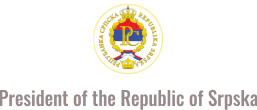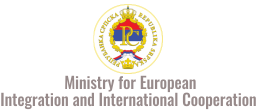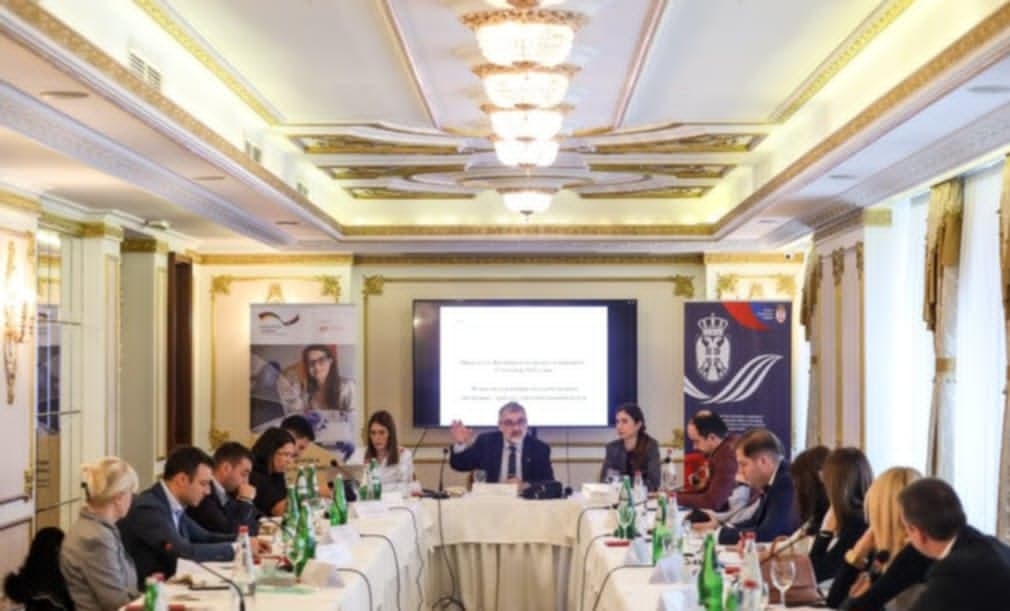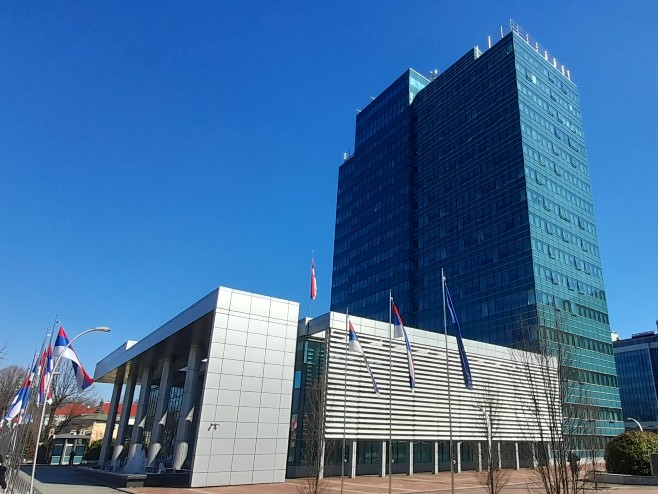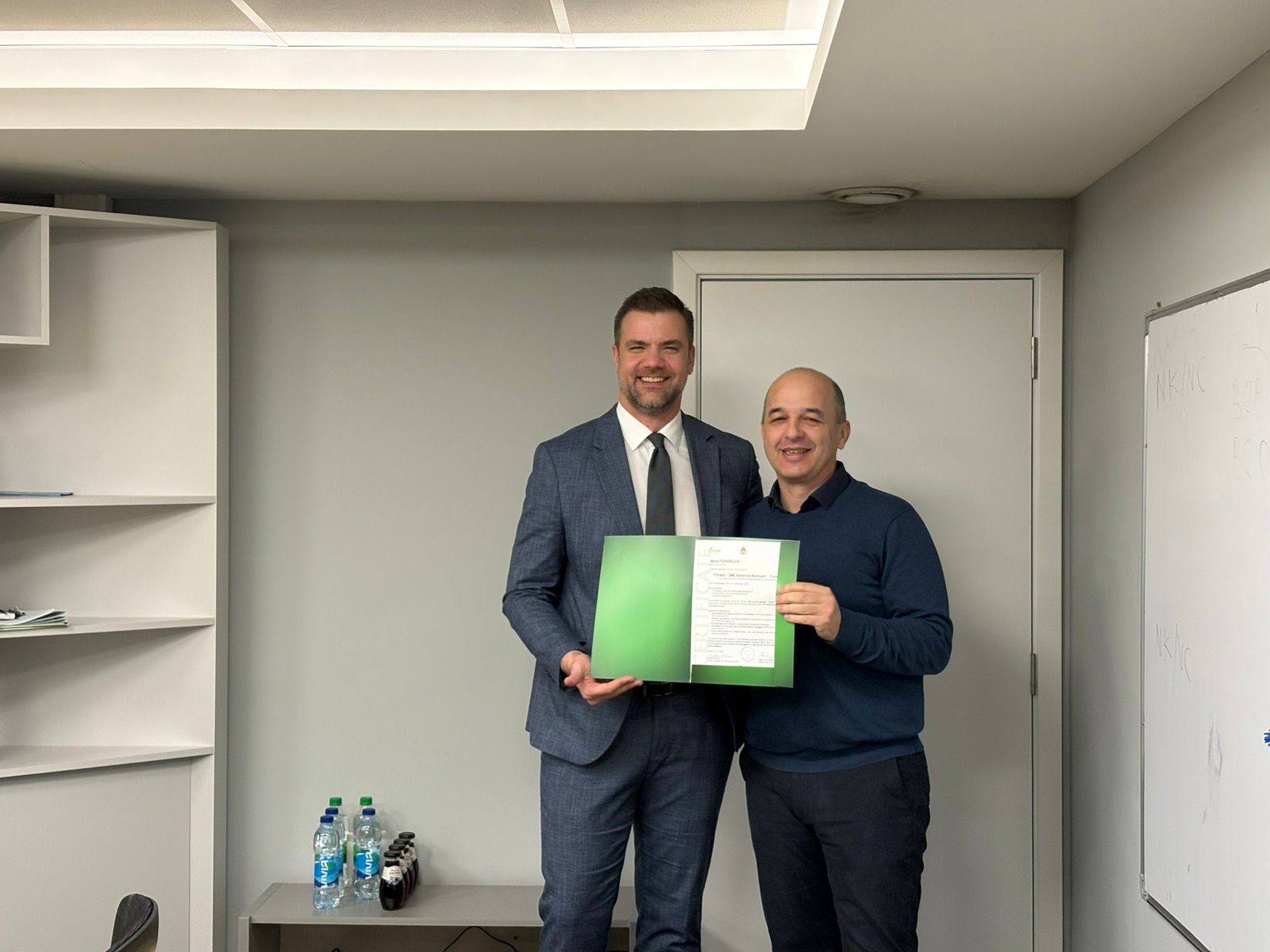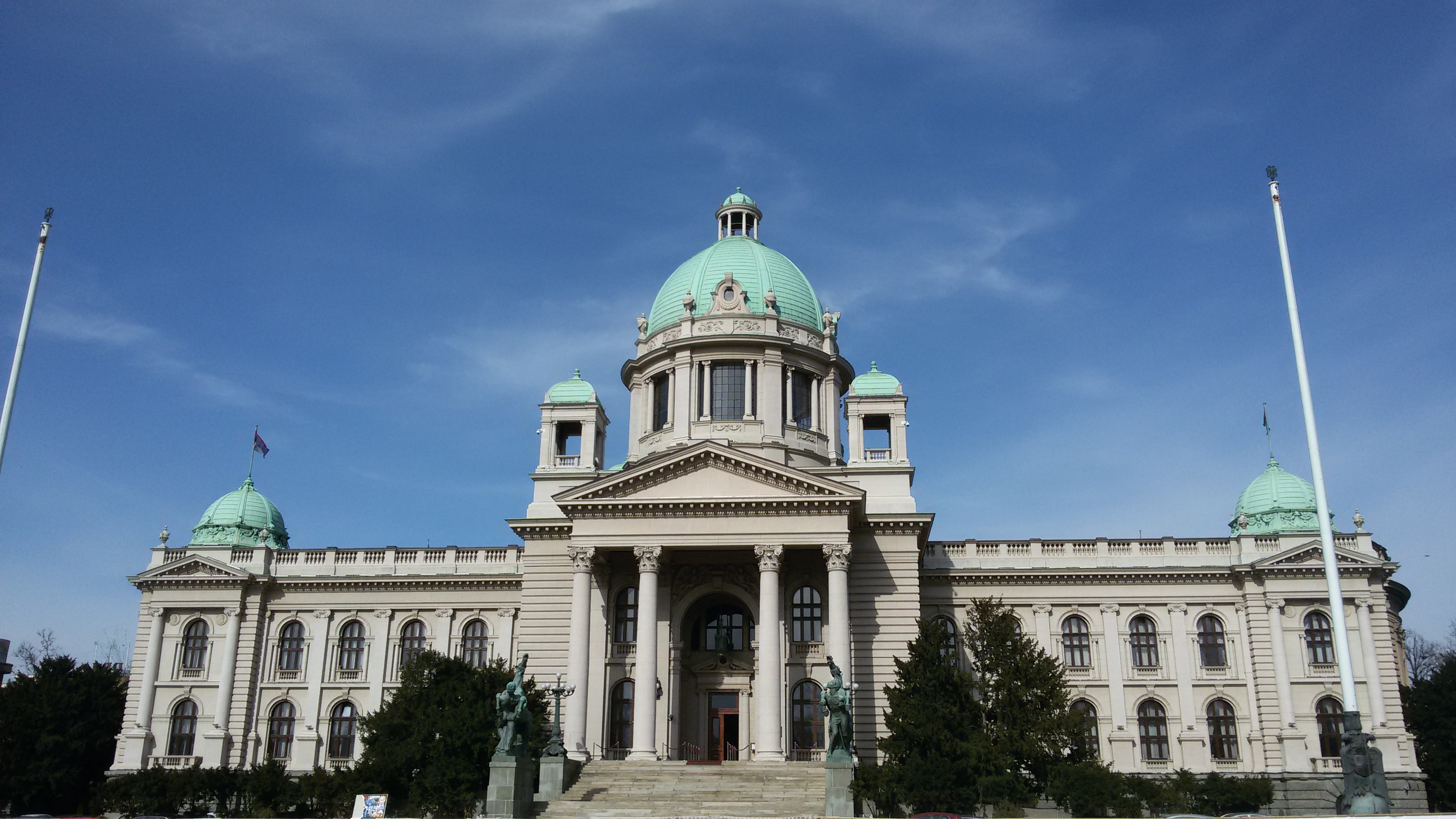The roundtable on Potentials for Cooperation with the Diaspora held at the Belgrade Moskva Hotel proposed measures to encourage investment and entrepreneurship among the diaspora, programs to improve participation in cultural and educational projects, with a special focus on preserving the language and national identity, in addition to proposals for designing new programs to enable closer cooperation and joint motherland-diaspora projects.
The round table was organized by the office of the minister without portfolio in charge of coordinating activities and measures in the field of relations between the Republic of Serbia and the diaspora and with the support of the German Development Agency (GIZ) Global Program Shaping Development-Oriented Migration, implemented by the Deutsche Gesellschaft für Internationale Zusammenarbeit (GIZ) GmbH. The roundtable included participation of representatives of the Center for Investment Support and Public-Private Partnership of the Serbian Chamber of Commerce (SCC).
Aimed at improving cooperation between Serbia and its diaspora, the event brought together representatives of key state institutions and organizations dealing with diaspora issues, who presented current programs and activities targeting the diaspora.
‘Measures were also proposed to encourage investment and entrepreneurship among the diaspora, as well as programs to improve participation in cultural and educational projects, with a special focus on preserving the language and national identity. In the field of science and research, challenges were noted in encouraging cooperation between scientists from the diaspora and academic institutions in Serbia, with a proposal to design new programs to enable closer cooperation and joint projects,’ said the SCC Investment Support and Public-Private Partnership Center.
The discussion also focused on challenges in coordination among the institutions providing services to the diaspora. Participants suggested using successful coordination models from other areas of migration management and adjusting those practices to the needs of cooperation with the diaspora. Discussions also covered potential strategic and operational changes within the current legislative framework of the Republic of Serbia, as well as reforms that might improve the efficiency of this process.
Source and photo: Serbian Chamber of Commerce
